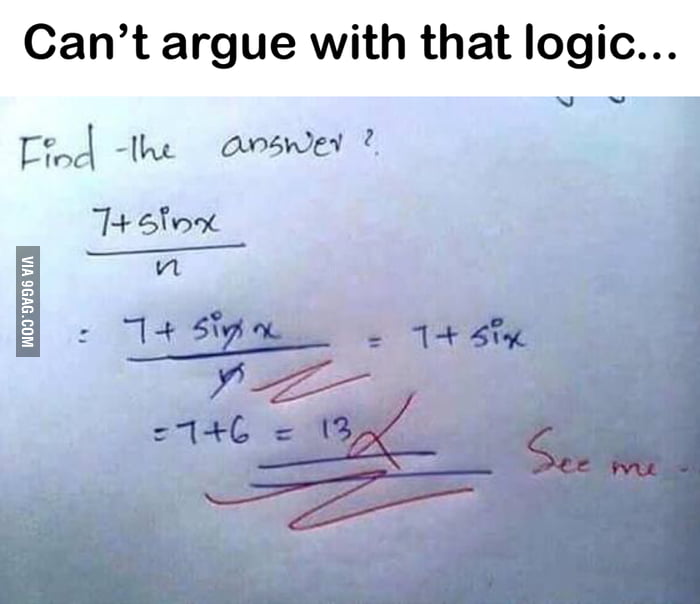Slater, your reasoning lacks rigor almost entirely... In order to draw such conclusion, you must have first performed the experiment. However you made a theoretical inference (and a prediction, mental, a priori), which is not the same thing, it is based on understanding their nature, not empirical observation. While I understand that you have some reserve of obervations as a base, you exprapolated way too much - all this extrapolation was performed mentally, not empirically.
I strongly believe that such an attempt would fail to give sufficient consistency to make it relevant in respect to the Socion. I doubt that you will obtain the same figure for all the relationships of the same type (for instance 0.3 for all the eight Super-Ego). That is because since the relationship between the same types can fail or succeed, it is mostly due to external factors. Indeed, consistency of testing results would point us to a rule, just I don't see any reason to expect that, let alone boasting an exhaustive list of predicted results being supported almost entirely on imagination alone. (see hkkmr's question)
You might say that you can use the average, in the same "statistical" approach. And say using two relationships (ILE/SEE and IEI/SLI for Super Ego), obtaining 0.3, respectively 0.6 - ending up with 0.45. This is vrong and totally irrelevant, that can be done on any arbitrary group of 8 relationships.
And finally, it is important to mention that you often use the degree of comfort in relationships to type, which makes it circular reasoning. Example: typing as SEE someone who is obviosuly Ethical and Sensing but you don't feel attraction towards the person. This would indeed give you more consistency, just you don't type correctly, it is just a glitch of reason (fallacy) that would necessarily confirm your assumptions beyond any logical constraint.





 Reply With Quote
Reply With Quote